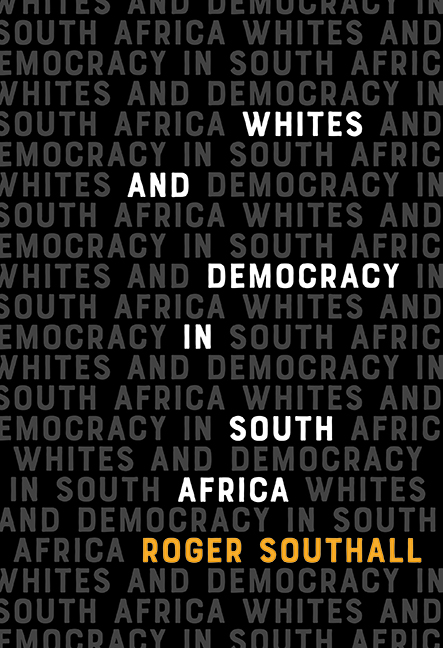Summary
In December 1948, the United Nations (UN) General Assembly adopted the Universal Declaration of Human Rights. Consisting of thirty articles which affirmed individual rights, it was subsequently to be elaborated in a multiplicity of international treaties, national constitutions, regional human rights instruments and many other laws. Just previously, the independence of India and Pakistan in 1947 had inaugurated the wave of decolonization which was to sweep across Asia and Africa over the forthcoming decades. Yet, at the very moment when the colonial project was beginning to unravel, the National Party (NP) won an election which was to send South Africa marching in the opposite direction. In an era when brown and black peoples across the globe were beating back imperialism and claiming their rights to self-government and human equality, South Africa was being launched on a trajectory of reinvigorated white power and the more rigid separation of the ‘races’.
Apartheid ensured that South Africa's whites earned themselves a very unenviable reputation. The state that the NP was to construct was to become synonymous with racism, exploitation, brutality and dictatorship. The world was never short of vile regimes, but in the era of decolonization, the sins of numerous other oppressive governments were regularly brushed aside, while in contrast, South Africa was regularly condemned, at the UN and in other international fora, as one of the vilest, if not the vilest, of the lot. Correspondingly, the country's white rulers, and the white electorate which continued to re-elect the NP throughout the four-decade-long apartheid period, came to be regarded as global outcasts – as anti-modern and irrational throwbacks to an unlamented imperialist age, insufferably racist and politically inflexible.
In many parts of the world, apartheid ensured that South African whites became hated, whether or not they supported the regime as individuals. They became increasingly beleaguered and isolated. Whites bearing South African passports were banned from entering numerous countries; South African sports teams were barred from participating in overseas tours and international sporting events because they were racially segregated; South African academics confronted a widespread academic boycott which severely limited their international contacts; when they were abroad, whites were often reluctant or embarrassed to admit to being South African;
- Type
- Chapter
- Information
- Whites and Democracy in South Africa , pp. 1 - 18Publisher: Boydell & BrewerPrint publication year: 2022

